Early start-up hires often become more than just colleagues – they feel like trusted friends. While workplace friendships build culture, founders must walk a fine line to avoid conflicts of interest. Here’s how to balance camaraderie and professionalism.
The Upside of Start-up Friendships
Developing personal connections with early team members has advantages:
- Friends communicate more openly about company issues and give unfiltered feedback.
- Camaraderie improves morale, energy, and collaboration in small teams.
- You gain support during stressful periods and counsel during big decisions.
- Friends inherently understand and defend the company’s mission and values.
Particularly in demanding startup roles, workplace friendships sustain people through the highs and lows.
But There Are Also Risks
Befriending employees introduces potential problems:
- You may unconsciously play favourites, Influence business decisions based on feelings rather than facts.
- Friends could overstep boundaries and make overly casual requests.
- Confidential company information is more vulnerable to slip out casually.
- If you must someday reprimand or fire a friend, it becomes much messier.
- Employees outside a founder’s inner circle may feel excluded or disadvantaged.
Good judgment prevents friendships from undermining leadership authority, security, and fairness.
Navigate Friendships Carefully
With thoughtfulness, founders can enjoy workplace friendships without compromising leadership:
- Separate business decisions from personal feelings to maintain objectivity. Base choices impacting friends on merit.
- Establish policies outlining appropriate conduct for informal relationships – social events, offsite trips, expenses, work hours.
- Don’t expect special treatment. Hold friends equally accountable to rules and performance standards.
- Share sensitive info sparingly. Avoid oversharing personal challenges that erode confidence in your leadership.
- Socialize off hours in groups, not one-on-one, to avoid perceptions of favoritism.
Friendly leaders boost morale. But favouritism breeds resentment. Walk that line judiciously.
Remain Mindful of Confidentiality
Even with friends, observe discretion around sensitive company information:
- Avoid revealing confidential financial, product, legal or personnel details casually. Don’t carelessly “talk shop.”
- before sharing anything privileged, consciously assess if it could compromise the company if passed on.
- Ask friends to refrain from repeating private business matters you entrust them with.
- Watch alcohol intake at social events where loose lips can slip.
Being transparent doesn’t mean oversharing internal matters. Use discretion even among insiders.
Separate Business and Bonds
Never let emotions or obligations cloud business judgement:
- When determining roles, compensation, or advancement, assess friends by the same criteria as any employee.
- Give candid developmental feedback based on performance. Don’t hold back hard messages because of personal ties.
- Make staffing calls like reorgs, hires, promotions based on merit, not friendships or relationships.
- Cut ties professionally if a confidante leaves the company, no matter how difficult personally.
Leading requires making hard decisions for the company’s welfare, even impacting friends.
Clarify Professional Expectations
Avoid blurring personal and professional boundaries:
- Explicitly discuss changing dynamics when moving from peers to leader/report. Reset norms.
- Don’t expect special access or informal chats now that you’re the boss. Schedule 1:1s formally.
- If friends overstep, remind them of company policies and your duty to enforce them fairly.
- Make reason for uneven requests clear, like workload, priorities, or role needs – not playing favourites.
Defusing awkwardness proactively sustains positive rapport as roles evolve.
Exercise Caution with Sensitive Topics
Certain discussions require extra discretion with workplace friends:
- Avoid detailing personal stresses or anxieties beyond a confidante’s ability to help manage. Don’t erode confidence in your leadership.
- Be prudent when revealing salary, equity, promotion, hiring, or firing details, even confidentially. Information can spread.
- Tread carefully providing coaching on issues like underperformance, inappropriate conduct, conflicts with other employees, etc. Preserve objectivity.
While friends offer support during challenges, oversharing may compromise your leadership standing. Consider if it’s best discussed outside work.
Lean on a Mentor’s Perspective
An outside confidante helps analyse situations objectively:
- Bounce sensitive scenarios off a founder friend or coach not directly involved. Get their read on pitfalls.
- Ask candid advice on setting boundaries without damaging important relationships.
- Have a neutral sounding board assess if any friendships now compromise your leadership effectiveness or fairness.
Unbiased insights identify blind spots you miss when personally invested. Friends keep leaders grounded.
Formalise Interactions
Structure prevents perceptions of impropriety:
- Conduct substantive check-ins during formal 1:1s at set intervals, not through informal chats.
- Socialise in groups, not solo, to avoid the appearance of favouritism.
- Document details of substantive discussions to retain institutional memory. Follow up over email if needed.
- If offsite, book separate rooms and submit separate expense reports.
When relationships are tight, go “by the book” so no one feels you may cross lines.
Watch for Collateral Damage
Ensure friendships aren’t undermining others:
- Note any signs of exclusion, resentment or scepticism in the rest of the team resulting from perceived inner circles or cliques.
- If employees believe friends get preferential treatment, more access, or different rules, Address misconceptions head on through policies and transparent communication.
- Make sure no one feels disadvantaged in advancement, development, or access to you due to personal ties they lack.
Perception matters. Ensure no one feels shut out or punished for not being “in” socially.
Reset Problematic Relationships
If a friendship becomes counterproductive:
- Have a frank conversation on recent issues – favouritism, discretions, underperformance, etc – and need for recalibration.
- Eliminate outside-work one-on-one socializing. Keep things strictly professional.
- Limit private information you confide beyond professional counsel. Be the leader they need regardless of personal ties.
- If necessary, work with HR to formally document incidents revealing compromised boundaries.
Protect the company first. Exit problematic relationships completely if attempts to course correct fail.
Coach Managers on Friendships
Leadership friends need guidance navigating workplace bonds:
- Train managers to maintain appropriate boundaries with reports who are also friends or former peers.
- Caution managers not to select or advantage friends in hiring, promotion, projects, etc.
- Encourage managers to socialize with the full team, not just friend cliques, to avoid excluding others.
- Have managers run sensitive friend issues by HR or higher ups to sense check judgment calls.
- Remind managers they represent the company first, not personal interests when leading teams.
Good leadership means sustaining positive team dynamics amidst workplace friendships.
In summary, founders can foster close workplace bonds while upholding fairness, optics, and sound decisions. With self-awareness and structured policies, friendships strengthen startup culture rather than compromise it. Trust your team while identifying potential pitfalls proactively.

